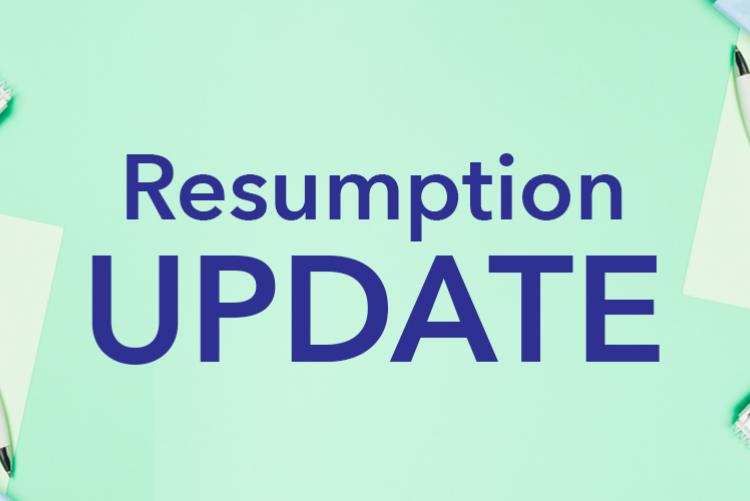Scheme of Work for Junior Secondary: In Nigeria, the educational system is structured to ensure that students acquire the requisite knowledge and skills necessary for their development and future success. The Junior Secondary School (JSS) level, which encompasses JSS 1 to JSS 3, is crucial in this educational journey.
This article delves into the scheme of work for Junior Secondary Schools in Nigeria, providing a detailed overview of the curriculum, its significance, and downloadable resources in PDF format for teachers and students.
Understanding the Scheme of Work
A scheme of work is a structured plan that outlines the curriculum to be covered over a specific period. It serves as a guide for teachers, ensuring that they deliver lessons systematically and comprehensively. The scheme of work for Junior Secondary Schools in Nigeria is designed to meet the educational goals set by the Nigerian Educational Research and Development Council (NERDC).
Importance of a Scheme of Work
- Structured Learning: It provides a clear framework for lesson planning, ensuring that all essential topics are covered.
- Assessment Preparation: Helps teachers align assessments with the curriculum, preparing students for examinations.
- Resource Allocation: Aids in the allocation of resources and materials needed for effective teaching.
- Time Management: Assists teachers in managing time efficiently during the academic year.
Components of the Scheme of Work for JSS 1 – JSS 3
The scheme of work for Junior Secondary Schools typically includes the following components:
- Subject Areas:
- Core Subjects: English Language, Mathematics, and Basic Science.
- Elective Subjects: Agricultural Science, Business Studies, Computer Studies, etc.
- Learning Objectives: Clearly defined goals for what students should achieve by the end of each term.
- Week-by-Week Breakdown: A detailed outline of topics to be covered each week, including suggested activities and assessments.
- Assessment Strategies: Information on formative and summative assessments, including tests, projects, and examinations.
- Teaching Methods: Recommended instructional strategies to engage students effectively.
Subjects in JSS 1 – JSS 3
1. English Language
The English Language curriculum focuses on developing students’ reading, writing, speaking, and listening skills. Key topics include:
- Grammar and Composition
- Literature Studies
- Oral English
- Vocabulary Development
2. Mathematics
Mathematics education at this level aims to enhance problem-solving skills and logical reasoning. Topics include:
- Number Systems
- Algebra
- Geometry
- Statistics and Probability
3. Basic Science
Basic Science introduces students to fundamental scientific concepts. The curriculum covers:
- Life Sciences
- Physical Sciences
- Earth Sciences
- Scientific Methodology
4. Social Studies
Social Studies aims to cultivate responsible citizenship. Key areas include:
- Nigerian History
- Geography
- Government and Civic Education
- Cultural Studies
5. Vocational Subjects
To equip students with practical skills, vocational subjects such as Agricultural Science and Business Studies are included. Topics may cover:
- Crop and Animal Production (Agricultural Science)
- Entrepreneurship Skills (Business Studies)
- Introduction to Computer Applications
Downloadable Resources
For teachers and students looking for structured resources, various PDF formats of the scheme of work for JSS 1 to JSS 3 are available online. These resources include:
- JSS 1 Scheme of Work PDF
- JSS 2 Scheme of Work PDF
- JSS 3 Scheme of Work PDF
These documents typically feature comprehensive outlines for each subject, lesson plans, and assessment guidelines.
Where to Find Scheme of Work PDFs
- Official Educational Websites: Websites like the Nigerian Educational Research and Development Council (NERDC) often provide downloadable resources.
- Educational Blogs: Many educators share their schemes of work on personal blogs or educational platforms.
- Online Forums: Educational forums and social media groups may have shared resources available for download.
Tips for Effective Implementation
- Adaptability: While the scheme of work provides a guideline, teachers should adapt it to meet the specific needs of their students.
- Engagement: Incorporate interactive teaching methods to maintain student interest and engagement.
- Continuous Assessment: Regularly assess students’ understanding to identify areas that need reinforcement.
- Feedback: Encourage feedback from students regarding lessons to improve the teaching process.
Conclusion
The scheme of work for Junior Secondary Schools in Nigeria is a vital tool for effective teaching and learning. It provides a structured approach to education, ensuring that students acquire the necessary knowledge and skills for their future. By utilizing downloadable resources in PDF format, teachers can enhance their lesson planning and delivery. As educators, it is essential to remain adaptable and responsive to the needs of students, fostering an environment that promotes active learning and engagement.
For teachers and educators looking to access the latest schemes of work for JSS 1 to JSS 3, visit the NERDC website or reputable educational blogs. Download the PDFs and enhance your teaching practice today!






